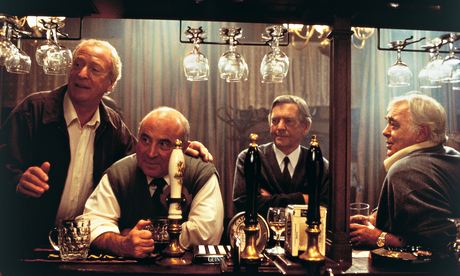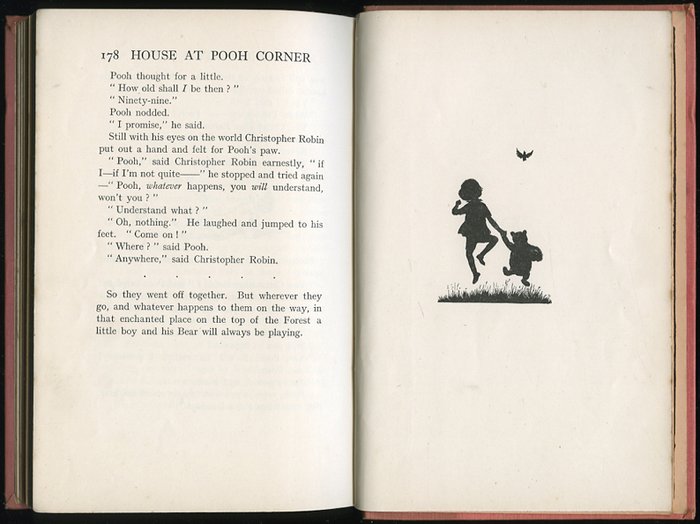 |
I would watch Keeley Hawes in anything; so would Richard Madden in Bodyguard
|
As we have continued our strange year, I have been watching TV series in groups; trying to mix up the comedy, tragedy, period drama and police procedural. This is a snapshot of some of that.
5 TV Shows Recently Watched:
- Bodyguard (7plus) - I think Keeley Hawes is excellent and will happily watch her in anything from Life on Mars or Line of Duty to The Missing or The Durrells, so when I saw she had a starring role in a British police political thriller, I wasn't going to miss it. The Jed Mercurio-written drama has garnered rave reviews and high ratings from critics and viewers alike. Hawes is Julia Montague, the Home Secretary battling corrupt politicians, international terrorism and secret schemes to overthrow the government. Richard Madden is David Budd, the special protection officer who is charged with keeping her safe, but he has issues of his own, including PTSD from Afghanistan, burning resentment and a tendency towards anger. Nothing is as apparent as it seems, and story arcs are not always concluded in conventional ways - sometimes irritatingly so - but it is both bright and dark, and ultimately binge-worthy.
- Dracula (BBC One and Netflix) - sexy and hysterical; the three-part series is as if three different script-writers and directors had a go at bringing together a story. In truth, the drama-horror series was developed and written by Mark Gatiss and Steven Moffat, but there is indeed a different director for each installment (Jonny Campbell; Damon Thomas; Paul McGuigan). We follow Dracula (Claes Bang) from his origins in Eastern Europe to his battles with Van Helsing (Dolly Wells) and her descendants. It's all slick and sensual, but the middle episode, confined to a boat with a claustrophobic sense of impending doom and psychological terror, is my clear favourite.
- Sex Education (Netflix) - We binged two whole seasons of this show one wet weekend, and I'm still trying to work out why I was so invested in watching a series about teenagers and their hormones. Forays into adulthood are fraught with angst and we all remember our own with less than fondness, so to watch others deal with feelings, emotions and sexual expectations is probably better than having to relive our own experiences. Asa Butterfield stars as an insecure young lad at a highly progressive high school doling out advice he has gleaned from his sex therapist mother, Gillian Anderson, who has her own unresolved relationship conflicts. Although it is a British series (created by Laurie Nunn; a variety of British accents; filmed in Wales), the aesthetic is highly mixed with an American-style high school and education system, but beautiful British scenery and sensitivity. The time period in which it is set is also deliberately disorientating with many modern references, but fashion, decor and bicycles from the 80s. It's an intriguing and generous mash-up; sort of like The Breakfast Club meets Gregory's Girl. Strangely recommended.
 |
| Michael Sheen and David Tennant in the lockdown drama for our times |
- Staged (ABC iview) - And now, for our times, this is a lock-down comedy about actors who desperately want to act, but the theatres are closed, so they take out their frustrations and their theatrical rivalries over Zoom meetings. David Tennant and Michael Sheen play hyper-real versions of themselves which are equally irritating and fabulous. The six episodes are only fifteen minutes long (the perfect length for a Zoom call) and prove that you can pack a lot in if you know what you are doing. The pair were due to star in a production of Six Characters in Search of an Author on the West End but the pandemic has put paid to that. Not wanting to let this opportunity slip through his fingers, their director Simon Evans (who also wrote the script) attempts to get them to rehearse over the internet, if only they can overcome their distractions, boredom and egos to read the first scene. There are some brilliant cameo appearances from Samuel L. Jackson, Nina Sosanya, Adrian Lester and Dame Judi Dench, and evidence-based research (Him Outdoors and me) proves this is entertaining fare for theatre and non-theatre types alike.
- Vanity Fair (BBC First) - I love the novel; I love the character of Becky Sharp; and I love this adaptation by writer Gwyneth Hughes. Olivia Cooke is bold and beguiling (unlike many insipid heroines of period drama) and all her relationships, with Amelia (Claudia Jessie), Jos (David Fynn), George (Charlie Rowe), Rawdon (Tom Bateman), Martha (Sian Clifford), Sir Pitt (Martin Clunes), and Aunt Matilda (Frances de la Tour) are honest and brilliantly played. It's colourful and gaudy and breathtakingly bedazzling. The fact that each episode is opened by a top-hatted Michael Palin orchestrating the carousel at the titular carnival can't do any harm either.
 |
Olivia Cooke is brilliant as Becky Sharp in Vanity Fair
|







